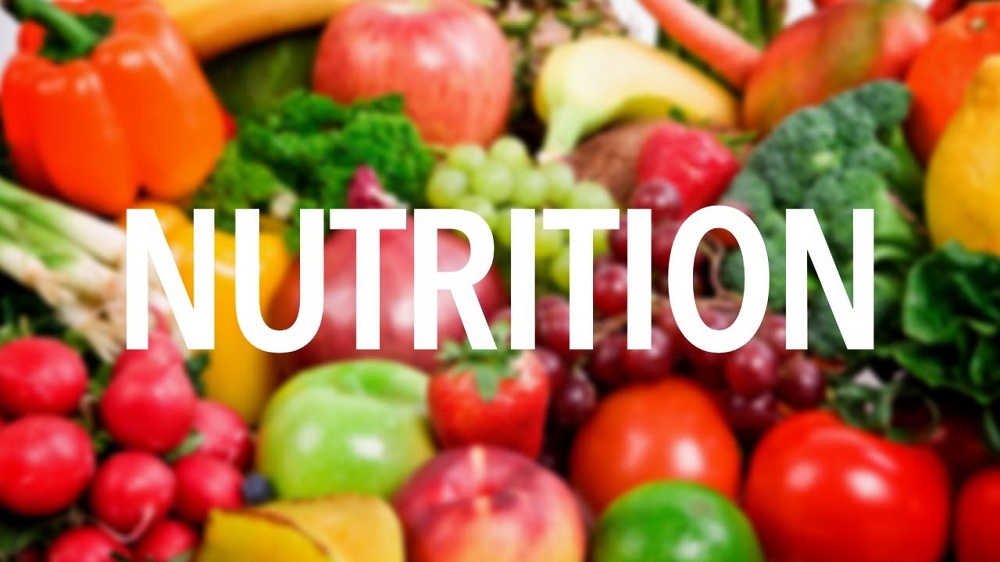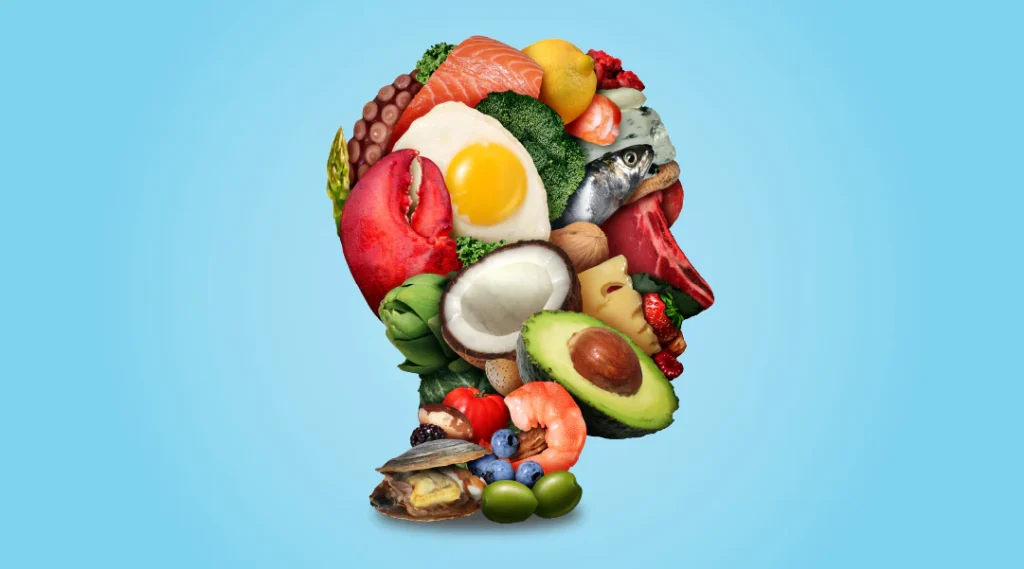Essential Nutrients for Health: Signs of Deficiencies and Dietary Solutions

Maintaining good health hinges on a balanced diet rich in essential nutrients. However, many struggle to get enough, leading to deficiencies and health issues. Understanding signs of nutrient deficiencies and taking action is crucial.
Signs of Deficiencies
- Calcium: Vital for bones and muscles. Deficiency can cause numbness, tingling, and irregular heart rhythms. Sources include milk, millets, and leafy greens.
- Vitamin D: Essential for bone health and mood. Deficiency can lead to fatigue, bone pain, and slow healing. Sources include fish, eggs, and sunlight.
- Potassium: Crucial for muscles and heart. Deficiency can cause weakness, cramps, and irregular heartbeats. Sources include bananas, nuts, and potatoes.


- Iron: Important for red blood cells and energy. Deficiency can cause weakness, pale skin, and cravings. Sources include lentils, spinach, and meats.
- Vitamin B12: Key for nerves and red blood cells. Deficiency can cause numbness, weakness, and memory issues. Sources include animal products and supplements.
- Folate: Essential for growth and reducing birth defects. Deficiency can cause fatigue and poor growth. Sources include fortified foods and supplements.
- Magnesium: Important for muscles and energy. Deficiency can cause cramps and irregular heart rhythms. Sources include nuts, spinach, and whole grains.
- Vitamin A: Crucial for vision and immune health. Deficiency can cause poor vision and eye issues. Sources include dairy and leafy greens.
Taking Action
Maintain a balanced diet with a variety of nutrient-rich foods. Consider supplements if at risk, such as pregnant women or those with limited diets. Consult a healthcare provider for personalized advice.







